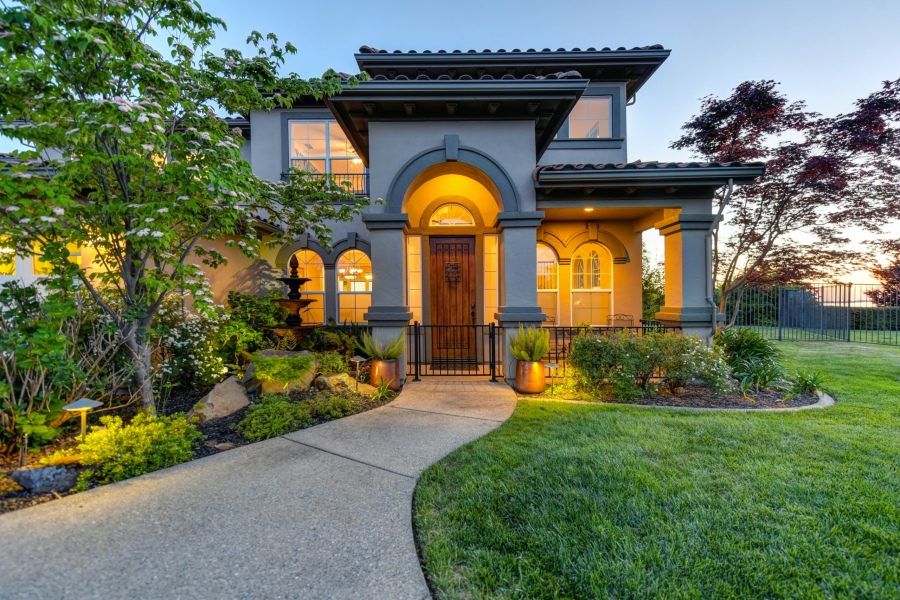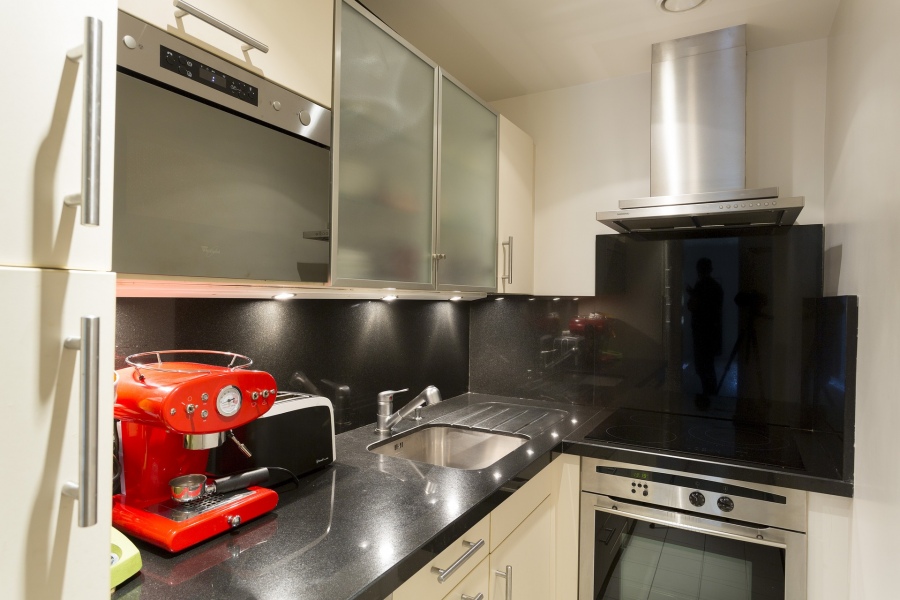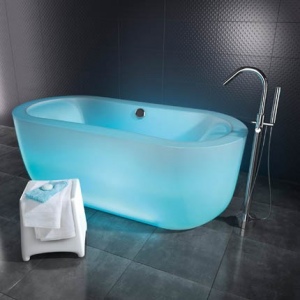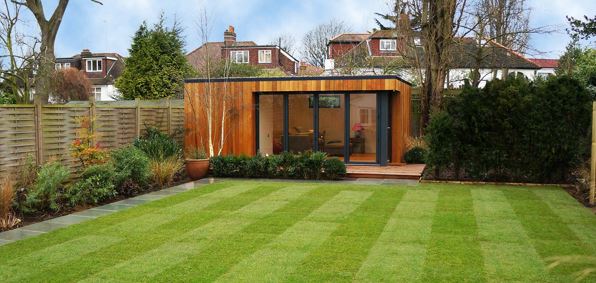There are many benefits to owning a Park Home including, increased safety and security, decreased responsibilities, and the comfort that comes with living outside the crowds and hustle and bustle of city life.
Residential parks are perfect for retirees living on a fixed income, and for first time homebuyers or new families who need to watch their spending but do not want to sacrifice their lifestyle, comfort, or access to amenities. They are energy-efficient, well insulated, have eco-friendly appliances, and often are completely furnished and ready for residency.
Park Homes are designed with residents in mind, meaning they are very low maintenance, however, it is recommended that you inspect the walls and roof on a yearly basis for possible rust, damage, or leaks.
What’s the difference between a residential park and a holiday home park?
Holiday homes and static caravans are not meant for year-round residency and are not generally held to residential standard compliance. Also, holiday home parks are not usually open 12-months a year. On the other hand, residential parks are licensed by the local authority and residents are afforded protection under the Mobile Home and Housing Act. Before moving into a park, make sure it is a licensed residential park.
Can anyone live in a residential park?
In most cases, yes anyone can live in a residential park. There are parks that have age requirements and are designed for elderly residents or those with special needs, however many are open to any couple or small family who wants affordable living in a safe community.
What costs are involved in buying or selling a park home?
The cost associated with buying or selling park homes are much lower than the costs associated with brick and mortar homes. Estate agent fees are incurred when buying a park home on the open market; however buying through a park eliminates these fees.
Because park homes have a lower price range than traditional houses, there are no stamp duty requirements, and unless you need help with the contracts or understanding the Mobile Homes Act 1983, it is not necessary to hire a solicitor. In addition, when purchasing a second hand park home, it is recommended that the property be surveyed for soundness however, the costs are generally far less than with traditional houses. Council Tax is also assessed on park homes, but as these homes are classified in the ‘A’ band, the tax is less than that of most traditional homes.
When creating your budget and living expenses for park home residency, consider that your personal loan payments, pitch fees, electric, gas, sewer and water will all need figured in. Pitch fees are charged for the land your park home is on, and while the actually cost varies from park to park, the fees are generally used for park maintenance and upkeep. Generally, these fees are charged on a regular basis (weekly, monthly, or yearly) and are governed by the rules of the Mobile Homes Act 1983, so residents will not be hit with unexpected increases. Some of your utility bills may be included in your site rental fees, and the park owner will be able to tell you which companies provide the services to the park.
Most parks are connected to mains water, electric, and gas though the price you pay is about the same as it would be if you purchased direct, due to OFWAT regulations.
How do I resell my park home?
Should you ever want to sell your park home, you can do so through your park owner, an estate agency, or privately. No matter how you go about selling your park home, the park owner must be informed of your intent and your asking price. They will know about current market rates and therefore if your asking price is on target.
Park owners are to be kept up to date on the selling process, as even though you own the home, the land belongs to the park owners, and new residents will have to agree to the terms of the park before the park owner will consent to the sale of the home.
In accordance with the Mobile Homes Act, the park owner is to receive a 10 percent commission on the total sale price of the home, which is considered as reimbursement for the owner’s investment in the land, and the park itself. This reimbursement helps to ensure that park fees remain as low as possible and that the park continues to be well kept and maintained. Also, the location of the park, its amenities, as well as the overall cleanliness and maintenance of the park contribute to the resale value of the home making the commission a meaningful investment for residents and park owners alike.
As a park home owner, am I protected by the law?
The Mobile Homes Act 1983 protects those who live in park homes. The Act declares that site owners must provide all park home owners a writ including the terms of sale and security of tenure regarding the limited circumstances regarding how the agreement can be ended by the park site owner. More information about the Mobile Homes Act 1983 and the protections is affords park home owners can be found at www.communities.gov.uk.
Do I need insurance?
Just as you would insure a traditional home, so you should insure your park home investment. There are insurance agencies that specialise in cover for residential park homes and their contents. The owner of the park will probably be able to recommend companies during your park home purchase.
Are most park homes close to shops and other amenities?
Most parks are developed near villages and towns, while others are situated close to schools, hospitals, and pharmacies. Some have small shops located within the park that carry everyday needs, while others are within a short walk or drive to local shops.
Parks that are designed for older residents often have activities, clubs, dinners, committees, and celebrations, as well as day trips, to keep residents active and involved in their community.
What happens if my partner or I need help as we get older?
Some residential parks are specifically geared to those at or nearing retirement age and even offer transportation services and on site emergency care, including emergency pull cords or other safety devices. These parks may also have trained specialists in the park at all times in case of a medical emergency.
The purchase of a park home is as special as buying a traditional home and the goal of this guide is to give you considerations to think about and as a reference to further research. Though we may have answered some of your more general questions, keep in mind that a park owner will be happy to answer any specific questions you may have.
Attached Images:
- License: Creative Commons image source
Amelia Young writes on behalf of lifesure for their park home insurance.
Amelia has had many years experience of blogging on a wide range of topics including park homes, static caravans and motor homes.





